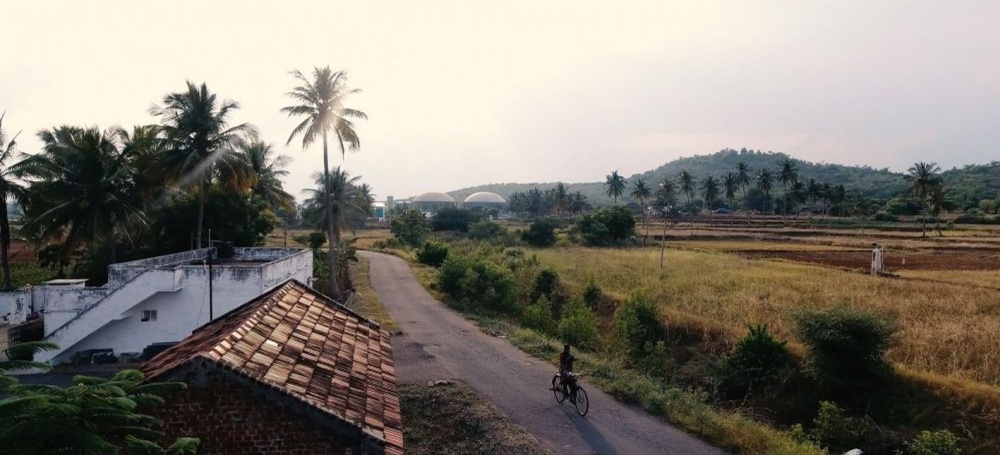Fristads contributes to development of renewable energy

During 2021 Fristads prevented 830 tonnes of carbon dioxide from being released into the atmosphere by contributing approximately €10,000 to a renewable energy project in India.
”When we developed our Outdoor collection we chose materials with a smaller environmental footprint, but in addition to this we also promised to compensate for the emissions of carbon dioxide that are associated with the production of the garments. In 2020, we chose to support a program that finances solar-powered hot water heaters for Indian families and this year we have chosen to support a project that turns waste into energy,” said Anne Nilsson, Marketing Director at Fristads and responsible for Fristads’ sustainability efforts.
A portion of the revenue from the sales of the Outdoor collection in 2021 has been used to support a project in southern India that turns waste into energy. In the area, where chicken farming and egg production are common, the tradional open storage of bird litter causes significant environmental and sanitary problems, as well as emissions of harmful methane gases. Thanks to the project, up to 120,000 tonnes of litter and other biomass waste can instead be converted to renewable energy – each year. Additionally, up to 10,000 tonnes of organic fertiliser is produced each year. This will help small local and regional farmers implement sustainable agriculture practices.
Aiming to lead the industry within sustainability
For Fristads, sustainability is a top priority, and the goal is to lead the industry in this area. As a part of the work to reduce the environmental impact of its business, Fristads has developed a workwear collection where all garments have a so-called Environmental Product Declaration, or EPD, which discloses the total environmental impact of the garment, from fibre to delivery at the warehouse. Fristads has used the insights from developing an EPD standard for the clothing industry to increase resource efficiency throughout its entire production process.
”Clothing production causes four to eight percent of all global emissions of greenhouse gases and we need to do our part to reduce that number. Our goal is to cut our emissions of carbon dioxide by 50 percent by 2030 and we are working on several fronts to succeed. Carbon offsets are a good complement to all the other actions that we are taking to reduce our emissions and make our production more sustainable. In the end, we believe everybody should have access to durable and sustainable clothes both at home and at work, but we don’t want the production to cause unnecessary strain on the climate,” said Anne Nilsson.
Read more about Fristads’ climate compensation here.
Read more about the Namakkal Waste to Energy Project here.
About Fristads
About Fristads Fristads has challenged and driven the development of durable and functional workwear since 1925, always with professional workers in mind and with innovation and sustainability as drivers. Our range of clothing includes classic as well as contemporary garments for a wide range of industries and our garments are made to meet the highest standards when it comes to quality, safety and comfort. Fristads is part of Hultafors Group, which is owned by Investment Latour AB and offers a broad portfolio of products and brands catering to professional craftsmen. Read more about Fristads at www.fristads.com.